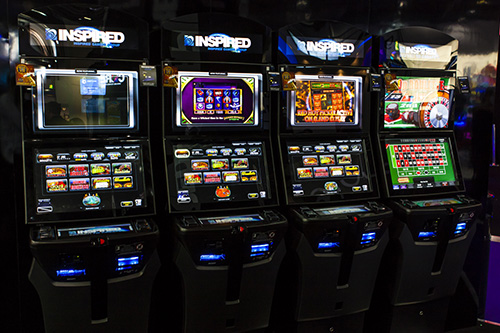The fixed odds betting terminal is a UK phenomenon which has occupied a great deal of time in the House of Commons and a great deal of space in the popular press – mostly negative. Is it a justified negativity or merely a useful political football? Could the lessons coming from the FOBT be transferred to the very similar VLT, which is equally receiving criticism in many countries? The FOBT, which in the UK is a Category B2/B3 machine, is very similar to the VLT as it is operated in Italy – and indeed, has been subject to much criticism in that market too. A similar product will shortly be introduced in Greece and some other markets with comparative stakes and prize levels, but with the addition of super-jackpots, which are linked and offer prizes of up to €500,000. Will those European products run into similar media and political pressures? The problems currently being experienced in the UK may well have lessons the global market should heed... A case study of the FOBT reveals a product under duress.

FROM the very early days of the fixed odds betting terminal, through its evolution to its current status as a B2 gaming machine in the UK, its life has not been without its fair share of controversy.
In its early days the FOBT was introduced as an additional new product, supplementing the AWP in the licensed betting shops – the bookmakers’ shop in the British high streets. The AWP had itself only been introduced in the mid-90s to ‘bookies’. The new FOBT presented a simple numbers game with a remote server supplying the outcome, defining its early introduction as a betting device and not as a gaming machine.
It was then revolutionised by The Global Draw, an Austrian company, with the innovation that recognised that the simple numbers game could in fact be represented in a very well known format, roulette, and from that time the whole landscape of machine gaming in the UK high street began to change.
The product went through stages of serious challenges from the Gaming Board – the forerunner of today’s Gambling Commission - which did not agree with its declared status as a betting terminal, believing it to be a representation of a gaming machine. However, this difficult phase of its life fell by the wayside with the Gaming Board withdrawing its legal challenge.
An agreed code of practice followed with the government of the day agreeing to the limitation of machine numbers and the future path was established.
The next major stage in the evolution of the FOBT was its establishment as a gaming machine carrying the B2 categorisation in the 2005 Gambling Act. Throughout these years we had seen the product develop from that simple numbers game to a device that has shown consistent year-on-year growth fueled by both flexible staking options of the main B2 product of roulette and the introduction of multi-choice B3 games to supplement the consumer offering.
Read the full article in the April issue of InterGame

